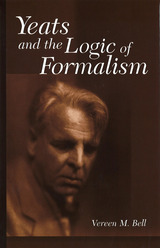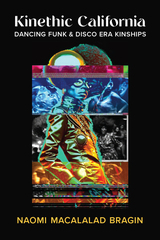

Here is a bold new vision of one of America’s most distinguished and controversial poets. Vereen Bell gives us a subtly reasoned account of the pattern of Robert Lowell’s poetic life, of his struggle to live in “the world as is.” Bell contends that Lowell’s poetry is characterized above all by its chronic and systematic pessimism, but that, paradoxically, Lowell’s reluctance to accept the consequences of his own unsparing vision is what gives his poetry its vigor, richness, and tonal complexity. The Lowell that is revealed is spiritually disconsolate but at the same time unable to suppress a deep-seated idealism.
Drawing on his thorough knowledge of the complete Lowell canon, Bell devotes particular attention to eight of the volumes, concentrating on the last phase of Lowell’s career, from Notebook (and its revision, History) through Day by Day. His readings bring a new understanding of Lowell’s art.
READERS
Browse our collection.
PUBLISHERS
See BiblioVault's publisher services.
STUDENT SERVICES
Files for college accessibility offices.
UChicago Accessibility Resources
home | accessibility | search | about | contact us
BiblioVault ® 2001 - 2024
The University of Chicago Press









